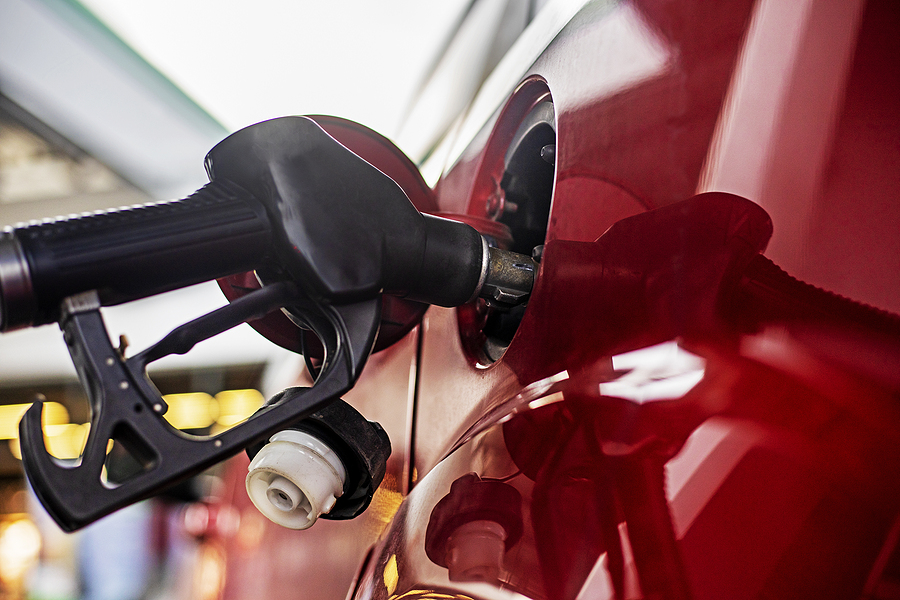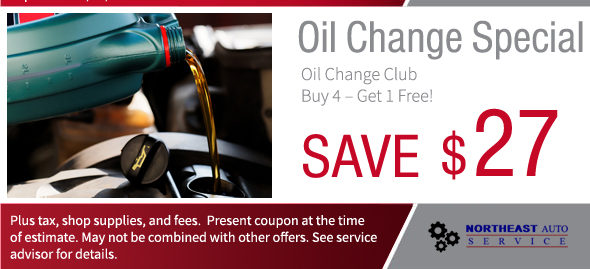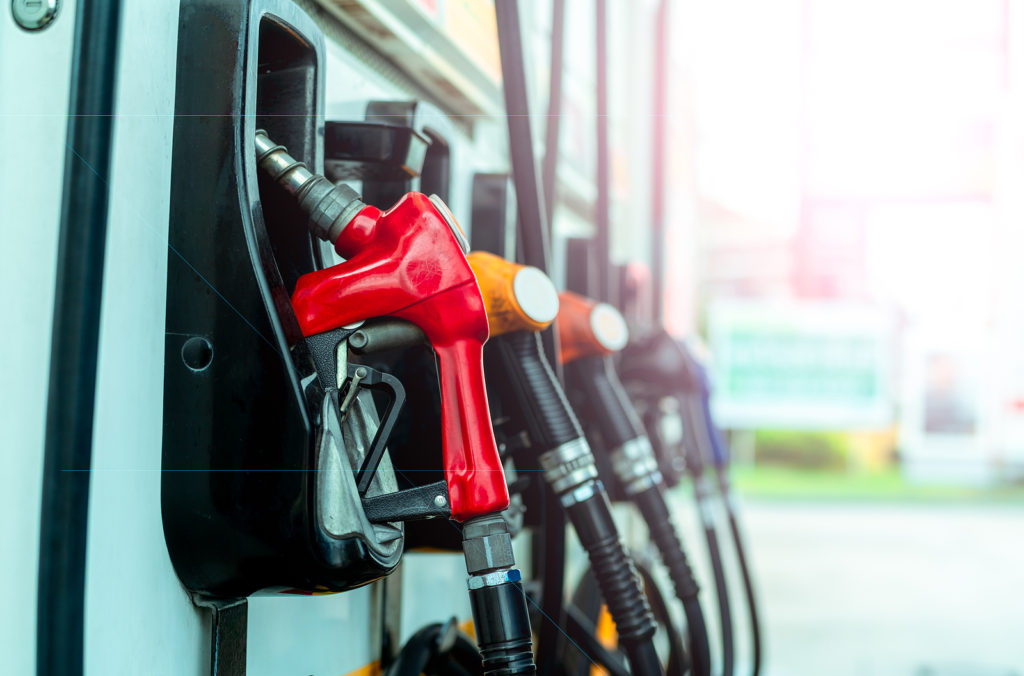Driving down the highway, you’ve likely seen advertisements for products promising better gas mileage and a cleaner engine. These products, known as fuel additives, are some of the most debated automotive fluids on the market. Car owners often wonder if they are a worthwhile investment for car maintenance or just marketing hype.
Fuel additives are chemical compounds designed to be mixed with the gasoline or diesel in your vehicle’s tank. Their purpose is to enhance the fuel’s properties or clean parts of your engine’s fuel system. While some drivers swear by them, others remain skeptical about their effectiveness. This guide will provide a clear overview of fuel additives, exploring their types, benefits, and potential drawbacks to help you make an informed decision for your vehicle.

What Kinds of Fuel Additives Are There?
The world of automotive fluids can be confusing, and fuel additives are no exception. They come in various formulations, each targeting a specific issue within your vehicle’s fuel system or engine. Understanding the main types is the first step in figuring out if your car could benefit from one.
Fuel Injector Cleaners
Over time, carbon deposits can build up on your fuel injectors, which can disrupt the spray pattern and reduce fuel efficiency. Fuel injector cleaners are designed to dissolve these deposits, helping to restore engine performance and improve fuel consumption. Brands like Chevron, with its Techron-based products, are well-known in this category for their focus on cleaning the entire fuel system.
Octane Boosters
An octane booster is formulated to increase the octane rating of your gasoline. Higher octane fuel can withstand more compression before igniting, which is crucial for high-performance engines that are prone to “knocking” or premature detonation. While most regular cars don’t need this, vehicles with high-compression engines might see a performance improvement.
Fuel Stabilizers
If you store a vehicle for an extended period—like a classic car over the winter or a lawnmower between seasons—the fuel in the tank can degrade. Fuel stabilizers prevent the gasoline from breaking down and forming gums and varnish that can clog the fuel system. This makes starting the engine much easier after it has been sitting for a while.
The Potential Benefits of Using Fuel Additives
When used correctly, certain fuel additives can offer tangible advantages for your vehicle. Many car owners use them as a proactive car maintenance step to keep their engines running smoothly.
☑ Improved Fuel Economy: The most appealing claim for many is the promise of better miles to the gallon (MPG). By cleaning out carbon deposits from fuel injectors and intake valves, some additives can help your engine burn fuel more efficiently. According to a study by AAA, some fuel system cleaners can lead to a modest improvement in fuel economy, though results often vary.
☑ Enhanced Engine Performance: A clean fuel system allows your engine to perform as it was designed. You might notice smoother acceleration, reduced engine hesitation, and a more stable idle after using a quality fuel injector cleaner.
☑ Reduced Emissions: When your engine burns fuel more completely, it produces fewer harmful emissions. Cleaner-burning engines are not only better for the environment but can also help your vehicle pass emissions tests.
☑ Engine Protection: Certain additives contain lubricants that can help protect upper cylinder components from wear and tear. This is especially relevant for older vehicles or those operating under harsh conditions.
Schedule Car Maintenance Today! ✏
Understanding the Risks and Drawbacks
Despite the potential benefits, it’s crucial to be aware of the downsides. Skepticism around fuel additives often stems from concerns about their cost-effectiveness and the risk of misuse.
Engine Damage from Misuse: Using the wrong type of additive or too much of it can have negative consequences. For example, overuse of certain powerful solvents could potentially damage seals, gaskets, or sensors in your fuel system. Always follow the manufacturer’s instructions carefully.
Limited Effectiveness: Not all additives live up to their claims. The market is saturated with products, and some are little more than “snake oil.” Their effectiveness can depend heavily on your vehicle’s age, condition, and the quality of the fuel you use.
Voiding Your Warranty: Some vehicle manufacturers caution against the use of aftermarket fuel additives. Before adding anything to your tank, consult your owner’s manual. Using an unapproved product could potentially void your vehicle’s warranty if it’s found to have caused a problem.
Cost vs. Benefit: While some additives are inexpensive, premium products can be pricey. You need to weigh the potential savings in fuel consumption against the cost of the additive itself to determine if it’s a financially sound choice.
When Should You Consider Using a Fuel Additive?
Fuel additives are not an everyday necessity for most modern vehicles. However, there are specific situations where they can be particularly useful.
- Older Vehicles: Cars with higher mileage are more likely to have accumulated carbon deposits, making them good candidates for fuel system cleaners.
- Performance Issues: If you’re experiencing symptoms like rough idling, poor acceleration, or a noticeable drop in gas mileage, a fuel injector cleaner might be a good first step before seeking more expensive repairs.
- Long-Term Storage: As mentioned, a fuel stabilizer is essential for any vehicle or piece of equipment that will be stored for more than a few months.
- Using Lower-Quality Fuel: If you’re forced to fill up with fuel of a questionable quality, an additive could help mitigate potential negative effects.
How to Choose the Right Product
With countless options on the shelves from brands like STP and Lucas Oil, selecting the right additive can feel overwhelming. Here are a few tips:
- Identify Your Goal: Are you trying to improve fuel efficiency, boost performance, or stabilize fuel for storage? Choose a product designed for your specific need.
- Read Reviews and Research: Look for products with a proven track record and positive reviews from reputable sources. Focus on additives that contain polyetheramine (PEA), a detergent known for its effectiveness in cleaning carbon deposits.
- Check Your Owner’s Manual: This is a critical step. Your manual will provide guidance on whether additives are recommended or discouraged for your specific make and model.
- Start with a Reputable Brand: While we do not endorse specific brands, established names in the automotive fluids industry are often a safer bet than unknown ones.
Frequently Asked Questions (FAQs)
Do fuel additives really improve gas mileage?
Some fuel additives, particularly those containing PEA detergents, can improve gas mileage by cleaning carbon deposits from the fuel system, which helps the engine run more efficiently. However, the improvement is often modest, and results vary based on the vehicle’s condition.
Are fuel additives safe for all types of vehicles?
Most fuel additives are formulated to be safe for a wide range of gasoline and diesel engines. However, you should always check the product label and your car’s owner’s manual to ensure compatibility, especially for high-performance or specialized engines.
How often should I use fuel additives in my car?
This depends on the product. Some cleaners are designed for use with every few fill-ups, while others are recommended only once or twice a year. Always follow the usage frequency recommended on the product’s label.
Can fuel additives fix a serious engine problem?
No. Fuel additives are a maintenance tool, not a repair solution. They can address minor issues like clogged injectors but cannot fix mechanical failures, sensor issues, or other serious engine problems. If you have a significant issue, consult a mechanic.
Do fuel additives void my car’s warranty?
Using a non-approved additive could potentially void your warranty if it is found to have caused damage. Check your owner’s manual for the manufacturer’s stance on fuel additives before using one.
▶ Disclaimer: The effectiveness of fuel additives can vary depending on your vehicle’s condition, age, driving habits, and the quality of fuel used. Always consult your vehicle’s owner’s manual before using any aftermarket products, as some may not be recommended by the manufacturer and could impact your warranty. Follow all product instructions carefully to avoid potential damage. This article does not endorse any specific brand. If you are experiencing persistent engine problems, seek advice from a qualified mechanic.
Final Thoughts
Fuel additives can be a useful tool for car maintenance when used correctly and for the right reasons. They are not a magic solution for serious engine problems, but they can help improve fuel efficiency, restore lost performance, and protect your engine from harmful deposits.
The key is to be an informed consumer. Understand what your vehicle needs, choose a quality product, and always follow the instructions. If your car is experiencing significant issues, don’t rely solely on an additive—it’s always best to consult a professional.
Are you noticing a dip in your car’s performance or fuel economy? Schedule a maintenance checkup with our expert automotive technicians today to diagnose the root cause and keep your vehicle running at its best.
Related Post: Poor Fuel Economy? Solve it Now!





